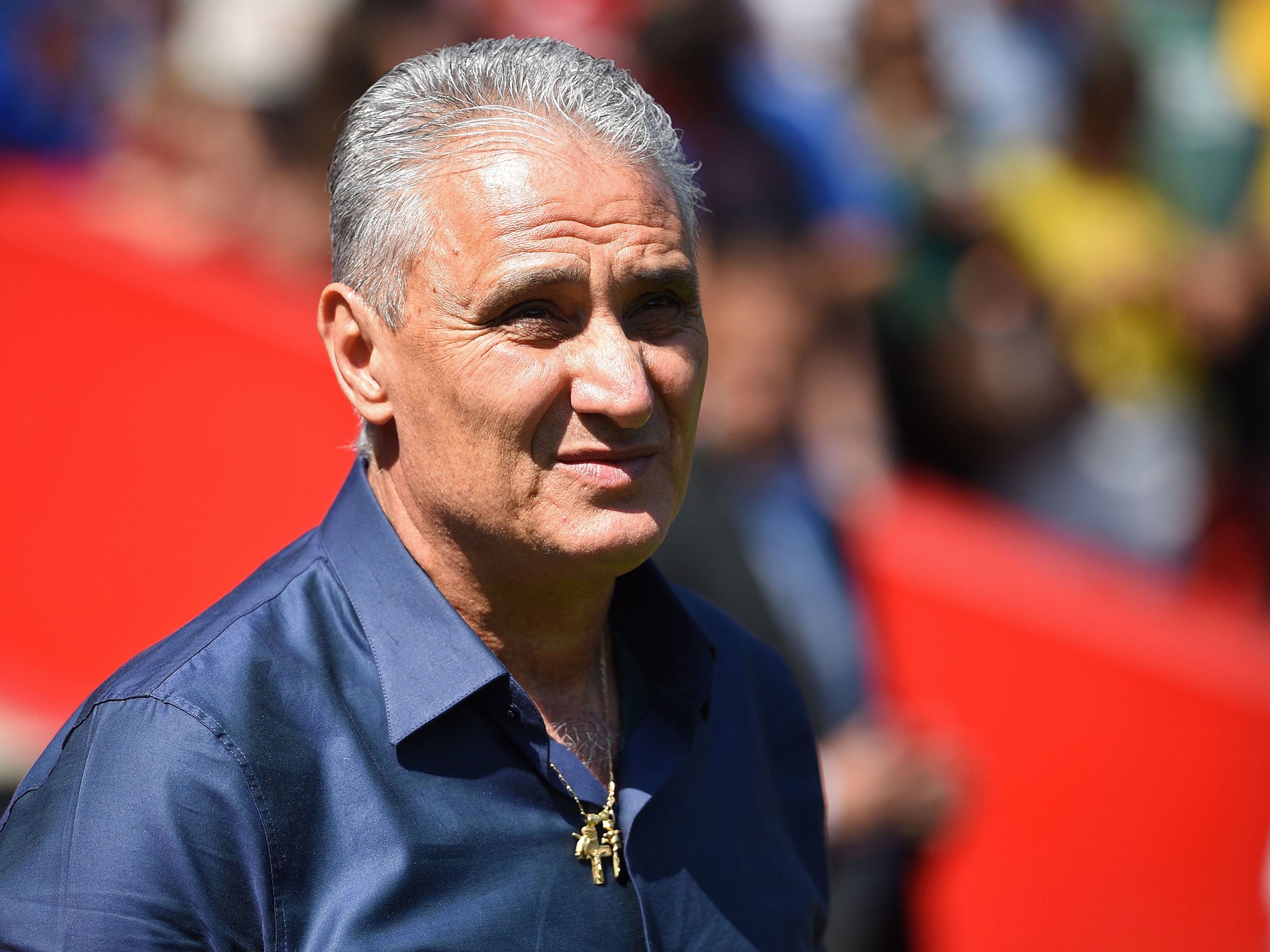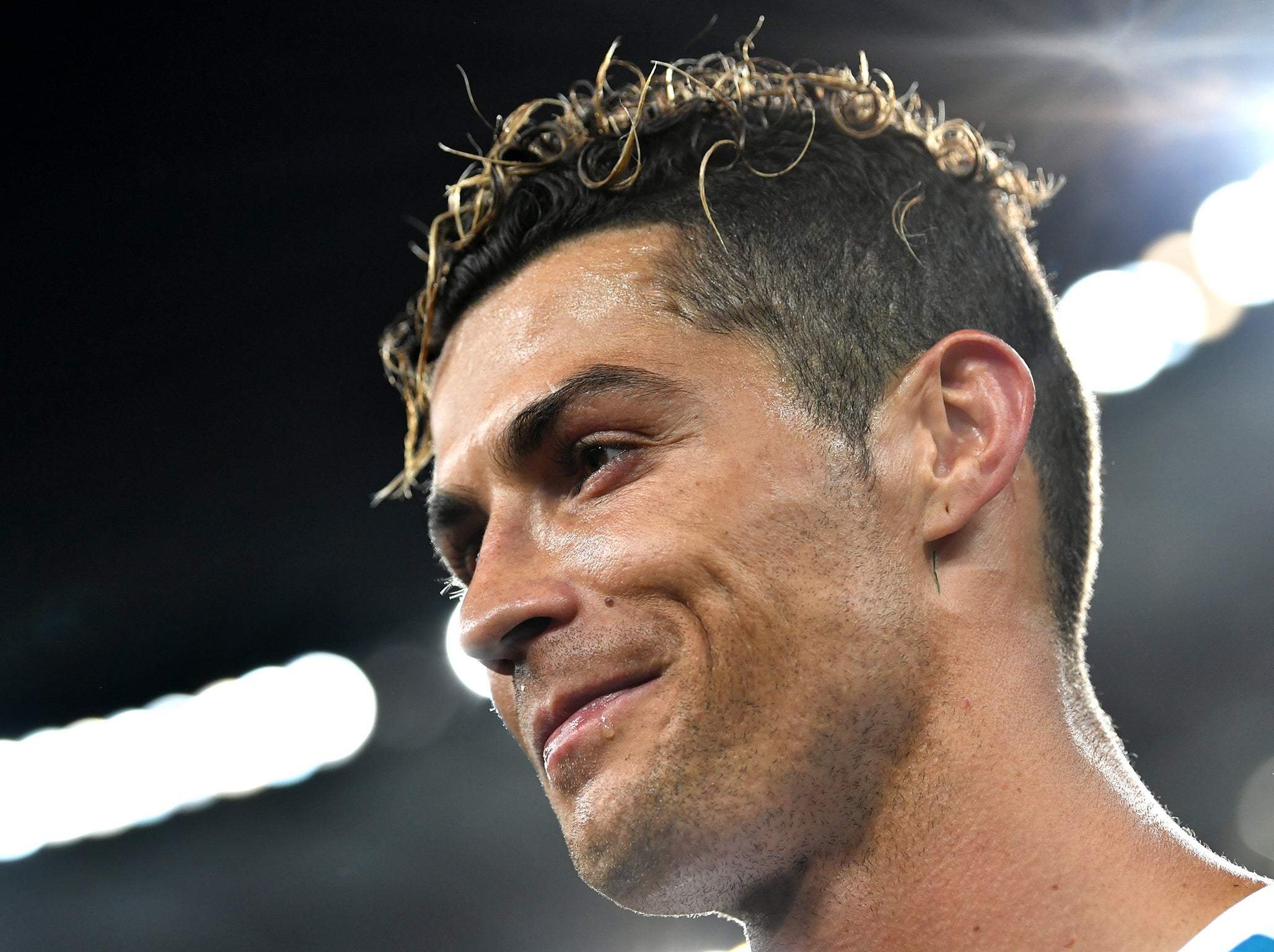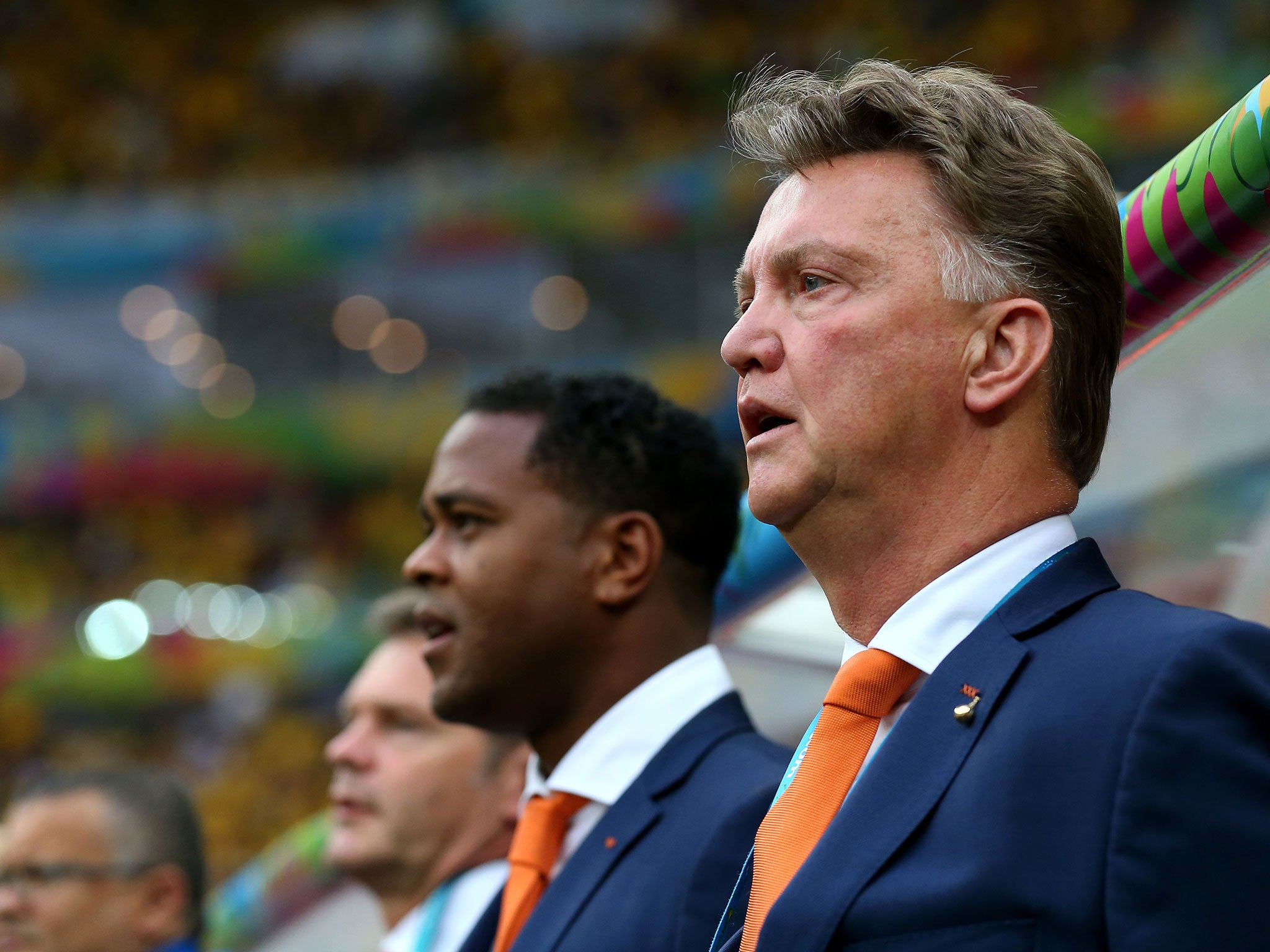The decline of the World Cup manager: Why talented international coaches have become a dying breed
Against the success of the Champions League, the status of international jobs has been diminishing for some time, but it does feel like 2018 has reached a new level

Your support helps us to tell the story
From reproductive rights to climate change to Big Tech, The Independent is on the ground when the story is developing. Whether it's investigating the financials of Elon Musk's pro-Trump PAC or producing our latest documentary, 'The A Word', which shines a light on the American women fighting for reproductive rights, we know how important it is to parse out the facts from the messaging.
At such a critical moment in US history, we need reporters on the ground. Your donation allows us to keep sending journalists to speak to both sides of the story.
The Independent is trusted by Americans across the entire political spectrum. And unlike many other quality news outlets, we choose not to lock Americans out of our reporting and analysis with paywalls. We believe quality journalism should be available to everyone, paid for by those who can afford it.
Your support makes all the difference.When the managers of the World Cup squads gathered in Moscow for the December draw, there were naturally animated pockets of discussion about what was going on in their profession, and many of those discussions turned to the figure widely considered at the top of it: Pep Guardiola. More than a few spoke of how they were blown away by what he had been doing at Manchester City, while others debated how you might stop his side, what you could do tactically.
All of this is actually highly relevant to how this entire World Cup will play out, although that is actually because of the absence of coaches like Guardiola and his primary rivals. The reality is that it is highly unlikely any of those managers will face a tactical challenge in Russia as difficult as the one Guardiola poses, while it is indisputable that none of those managers have a CV anything close to the Catalan.
Consider this stat: This is the first World Cup since 1970 when none of the managers have previously won a European Cup, and the first since 1958 when none of the managers have won a Spanish, Italian, English or German league title.
The second point also goes back to a very different and much smaller football world, where the very role of ‘the manager’ had barely been developed. And if that stat seems staggeringly Eurocentric, it is highly relevant because it reflects where the centre of the massive modern football world is now.
All of the money and reputation capital is in the Champions League and those big four leagues. Naturally, then, of the best coaching talent is too.
This is not a new development, and the status of international jobs has been diminishing for some time, but it does feel like 2018 has reached a new level.
While so much is made of the playing stars who will be in Russia, there has barely been any focus on managerial stars – something else that stands in stark contrast to the club game – but that’s probably because there aren’t any.
There’s no Rinus Michels 1974, Ernst Happel 1978, Arrigo Sacchi 1994, Marcello Lippi 2006, and not many candidates the premium clubs would look at right now. Among the few are Argentina’s Jorge Sampaoli, Brazil’s Tite and Germany’s Joachim Löw.
They are also among the mere six coaches at this World Cup to have won the game’s proper elite trophies – a Copa America, a Libertadores, the World Cup itself, respectively – and that is just one other figure that further tells the story of the managers in Russia.
Because, of those 32:
- 9 have never won any trophy at all
- 16 have won a domestic title
- 5 have won an international tournament
- 12 are over the age of 60
- 12 are on what is at least the 10th job of their career
- 11 have had at least two international jobs
- 7 have had at least three international jobs

All of this shows how the international federations have to turn to coaches of certain profile, with the 32 in Russia generally falling into six categories.
- The international careerists, who have generally stayed out of the club game, and worked predominantly for federation senior sides or youth sides are: Hernan Dario Gomez (Panama), Low (Germany), Julen Lopetegui (Spain), Jose Pekerman (Colombia), Herve Renard (Morocco), Gernot Rohr (Nigeria), Gareth Southgate (England), Oscar Tabarez (Uruguay).
- Those towards the end of their careers: Hector Cuper (Egypt), Ricardo Gareca (Peru); Bert van Maarwijk (Australia), Carlos Quieroz (Iran).
- The novices in their first jobs: Aliou Cisse (Senegal), Mladen Krstajic (Serbia).
- The professional journeyman: Stanislav Cherchesov (Russia), Zlatko Djlaic (Croatia), Age Hareide (Denmark), Roberto Martinez (Belgium), Carlos Osorio (Mexico), Vladimir Petkovic (Switzerland), Juan Antonio Pizzi (Saudi Arabia), Fernando Santos (Portugal).
- The best their own country had to offer: Janne Andersson (Sweden), Helmir Hallgrimsson (Iceland), Nabil Maaloul (Tunisia), Adam Nawalka (Poland), Akira Nishino (Japan), Oscar Ramirez (Costa Rica), Shin Tae-yong (Korea)
- Those – arguably – in something close to their prime and sought-after: Didier Deschamps (France), Sampaoli (Argentina), Tite (Brazil)
These profiles further explain a number of defining developments in the international game that are likely to be visible in Russia: how it has been taken over by the club game in terms of cohesion and quality, as well as tactical evolution; how it is so lacking in sophistication compared to the club game; why so many mid-tier nations ultimately go for easy-to-implement, safety-first tactical approaches – as at Euro 2016.
It also might be decisive for this World Cup, and prove just as influential in an inverted way. If the sophistication of the tactics is not high – or a manager’s abilities either not fully developed or no longer so relevant – it greatly increases the importance of quality players, and the influence of effective tactical switches.

That is perhaps why it feels like managers who “facilitate” their fine squads and just make cosmetic changes thereafter – like Loew or Lopetegui – can be so effective, and why certain significant managerial decisions have become so prominent in the memory of recent international tournaments, because they emerge from the general fog.
Think Louis van Gaal’s improvised formation for Netherlands – and that alteration of it against Mexico in the water break – at the last World Cup.
Sampaoli is capable of all that here, but there remain doubts over whether he has the time to implement his ideas, especially with a squad that doesn’t completely suit his ideals. Tite was another greatly praised by one high-profile manager at the World Cup draw, but he may now have to alter Brazil’s plans with the injury to Dani Alves.

This is what Antonio Conte had to do with Italy, and it so stood out.
If a single manager can come up with something special in Russia, it can go a long way, and so can his team.
Join our commenting forum
Join thought-provoking conversations, follow other Independent readers and see their replies
Comments